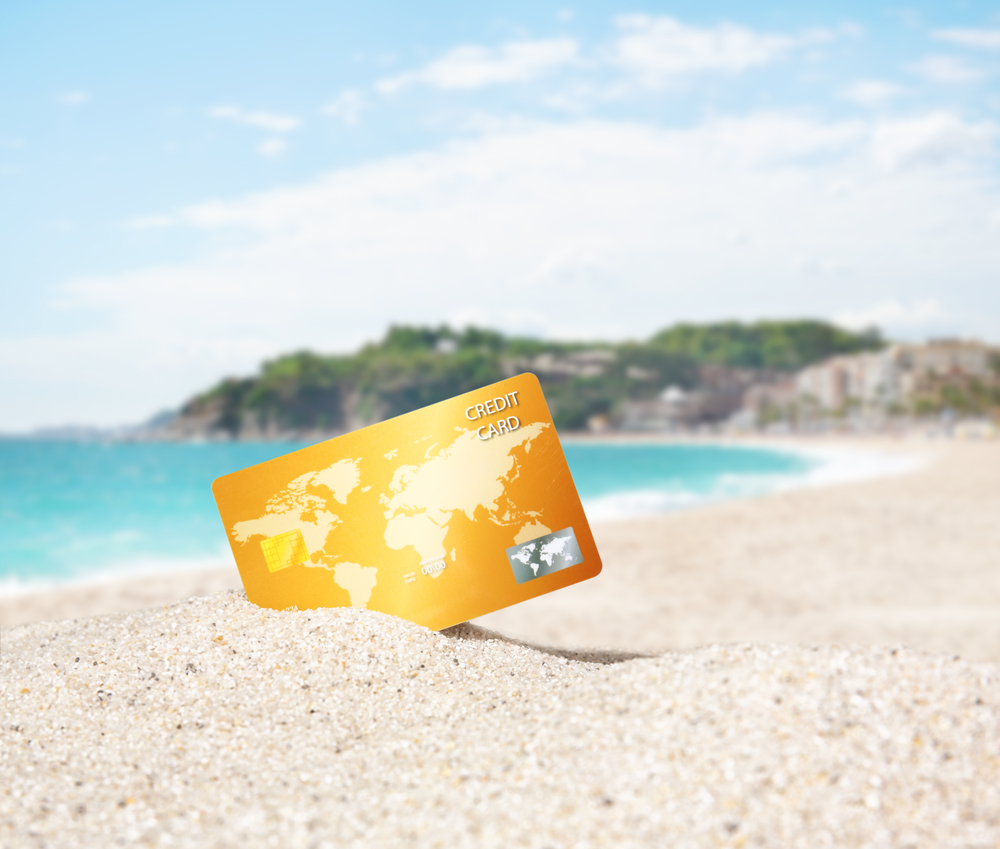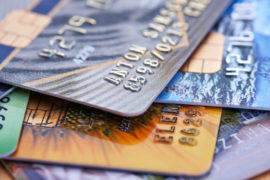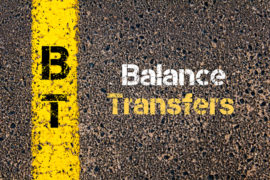If you are leaving the United Arab Emirates on an overseas trip for either a holiday or business purposes, it is important to be aware of whether or not your UAE credit card will work in a foreign country.
It is important to be aware and ready for any circumstances that may result from trying to use your UAE credit card while abroad.
There are a number of reasons why a UAE credit card might not be accepted overseas, in addition to those such as the type of card, whether it is intended for international use, and your credit limit.
One reason might be the technology.
Even in 2019, technological differences still exist in different countries.
The UAE has two main credit card types: one makes use of Europay Mastercard Visa (EMV) chip and pin technology and one continues to utilise the old-school magnetic strip.
The name gives away the primary difference in how these credit cards work.
An EMV-enabled credit card uses a chip embedded within it, which stores and encodes all of the cardholder’s require details.
The chip is similar in appearance to those located within mobile SIM cards.
Rather than the card being swiped and then a signature provided to verify the transaction, the EMV cards are instead inserted into a credit card machine, which needs to punch a pin stored within the chip.
The great majority of nations have adopted this technology, including the UAE with the likes of the CBD Credit Card.
However, if you still make use of a credit card with a magnetic strip, then you may be unable to use some automated kiosks such as vending machines and gas pumps.
The issue is a particular problem for credit cards issued by the US, which has yet to fully adopt the EMV system.
It is also a good idea to tell your bank if you are intending to leave the country and make use of your UAE credit card while overseas.
Banks in the UAE have stepped up security in a bid to stop fraud, and it is now up to the cardholder to inform banks of unusual activity on their part ahead of time in case these security precautions end up preventing them from using their credit cards.
Anyone who goes overseas without telling their bank may well find a credit card purchase in a foreign country being flagged as suspicious, which could result in the card being blocked, either temporarily or even for good.
The great majority of credit card firms have set up tough mechanisms to monitor fraud in countries where this crime is particularly common, such as Brazil and Mexico.
There is a much higher chance of your credit card being declined and then blocked because of the precautionary measures set up by these firms.
An unusual purchase that seems out of your usual credit card spending pattern can also result in these precautionary mechanisms being activated, especially when this takes place abroad.




